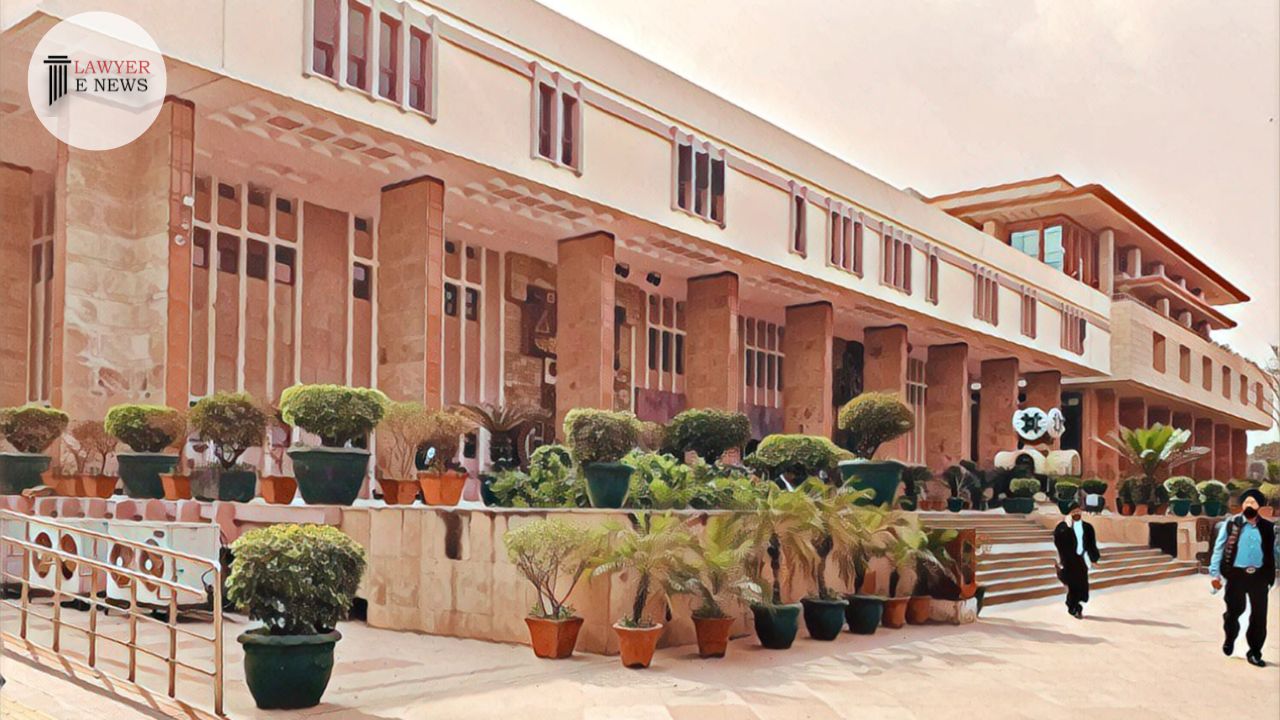-
by Admin
15 February 2026 5:35 AM



Court affirms legality of investigations under PMLA, dismisses petitions challenging constitutional validity of Section 50(2).
In a significant judgment delivered on July 19, 2024, the Delhi High Court upheld the summons and arrests of petitioners Sathish Babu Sana and Pradeep Koneru under the Prevention of Money Laundering Act (PMLA), 2002. The court, comprising Justices Suresh Kumar Kait and Neena Bansal Krishna, confirmed the constitutional validity of Section 50(2) of PMLA, dismissing the petitions challenging the legality of the summons and subsequent arrests by the Directorate of Enforcement (DoE).
The case revolves around allegations of money laundering and corruption involving high-profile individuals and public servants. The petitioners, Sathish Babu Sana and Pradeep Koneru, were initially summoned as witnesses under Section 50 of PMLA in connection with an investigation into bribery and corruption involving Moin Akhtar Qureshi and his associates. Both petitioners were later arrested and charged based on emerging evidence indicating their active involvement in money laundering activities.
The court emphasized the importance of the evidence gathered during the investigation, particularly the BBM messages and financial transactions linked to the petitioners. “The extracted BBM messages and documents revealed significant monetary exchanges between the petitioners and middleman Moin Akhtar Qureshi, highlighting their involvement in procuring undue favors,” noted the bench.
Addressing the petitioners’ argument regarding their status change from witnesses to accused, the court observed, “The transformation of status from witness to accused is justified based on new evidence that emerged during the investigation, implicating the petitioners in money laundering.”
The judgment extensively discussed the principles governing the application of PMLA provisions. The court reiterated that Section 50(2) of PMLA, which empowers authorities to summon any person for evidence, does not violate constitutional rights under Articles 14, 20(3), and 21. “The Supreme Court in Vijay Madanlal Choudhary v. Union of India upheld the constitutionality of Section 50(2), establishing that it does not infringe upon the fundamental rights of individuals,” the court noted.
The court also addressed the Issue of procedural fairness, confirming that the DoE followed proper procedures during the investigation and that the issuance of Look Out Circulars (LoCs) was justified to prevent the petitioners from absconding.
Justice Suresh Kumar Kait remarked, “Section 50(2) of PMLA does not amount to testimonial compulsion and is an essential tool for effective investigation into money laundering activities.”
The Delhi High Court’s dismissal of the petitions reinforces the judiciary’s commitment to upholding the legal framework for addressing money laundering and corruption. By affirming the validity of Section 50(2) of PMLA and the actions taken by the Directorate of Enforcement, the judgment sets a significant precedent for future cases, emphasizing the importance of thorough and fair investigations in combating financial crimes.
Date of Decision: July 19, 2024
Sathish Babu Sana and Pradeep Koneru vs. Directorate of Enforcement & Anr.
